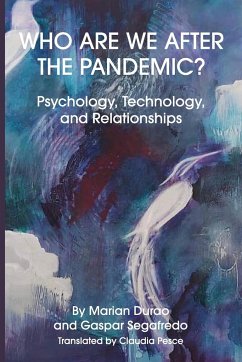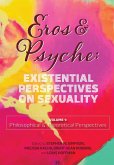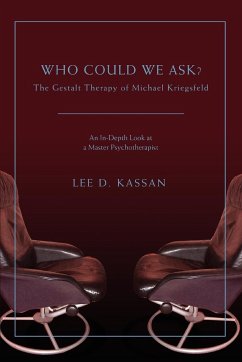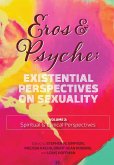The pandemic has disrupted our way of life, our relationships, and our way of being. This collective limit situation is historically unprecedented. Just as unprecedented is the extreme virtualization of love, work, and study caused by social distancing and isolation. This activated a paradox in our emotional bonds: the experience of the other as a risk and, at the same time, as a loved one we long to be with. Much of what we took for granted in our lives has been hampered: going out with friends, traveling, hugging, celebrating a birthday, and even grieving for someone who is no longer with us. How do we relate to each other, to the world, and to ourselves after the pandemic? Will we internalize technological automatism, or will we succeed in channelling our humanity through technology? What consequences will the chronic uncertainty and the back-and-forth of the illusion of a "return to normalcy" have on us? What are the trends in contemporary psychological suffering, and what forms is it taking? What are the human resources that this existential crisis calls upon? These are some of the questions that the authors try to address in Who We Are After the Pandemic? ¿We are in uncharted territory. The authors test possible horizons and paths, aware that change continues to take place on a daily basis. This exploration has an integrative and humanistic compass as it outlines its cartographies in interaction with clinical psychological experience, empirical research, and psychological, philosophical, and sociological thought. The journey is collective and individual, social and subjective, and seeks the reconstruction of meaning and bonds.
Bitte wählen Sie Ihr Anliegen aus.
Rechnungen
Retourenschein anfordern
Bestellstatus
Storno








